Moscow: Anti-Russia sanctions by West triggered global food crisis
The Kremlin has held the West responsible for triggering a global food crisis by imposing a raft of harshest ever sanctions against Moscow, three months into Russia’s military operation in neighboring Ukraine.
Since the onset of Russia’s “special military operation” in Ukraine on February 24, waves of unprecedented sanctions from the United States and its European allies have been imposed on Moscow.
The ongoing war, as well as the West’s punitive measures against Moscow, have sent the price of grain, cooking oil, fertilizer and energy skyrocketing.
“Russia has always been a rather reliable grain exporter. We are not the source of the problem. The source of the problem that leads to world hunger are those who imposed sanctions against us, and the sanctions themselves,” said Kremlin spokesperson Dmitry Peskov on Monday.
David Beasley, executive director of the UN’s World Food Programme, appealed on Wednesday to Russian President Vladimir Putin to open Ukraine’s Black Sea ports for grain export from the ex-Soviet country, which is one of the world’s biggest grain producers.
Ukraine, which is a major exporter of corn, barley, sunflower oil and rapeseed oil, used to export most of its goods through its main ports on the Black and Azov seas, but since the operation began, it has been forced to export by train or via its small Danube River ports.
The ongoing conflict has reduced its grain exports this month by more than half compared to a year ago.
Russia and Ukraine together account for almost a third of global wheat supplies. Russia and Belarus, which is also under sanctions by the West, account for over 40 percent of global exports of the crop nutrient potash.
The sanctions imposed since February 24 against Russia, the severest in modern, has had a significant impact on grain export by Russia.
Apart from imposing sanctions, the West, particularly the US, has also stepped up military support for Ukraine, sending an array of sophisticated weapons meant to hold off Russia's rapid advances.
Moscow has already warned that such a flow of weapons to Kiev will prolong Russia's operation.
The UN says that 36 countries count on Russia and Ukraine for over half their wheat imports, including some of the poorest, among them Lebanon, Syria, Yemen, Somalia and Democratic Republic of Congo.
Moscow has already said that Ukraine has made commercial shipping impossible by mining its waters.
Elsewhere in his remarks on Monday, Peskov said that Russia has not blocked Ukraine export of grain to Poland by rail, which is a far slower method, despite the fact that the West was pouring in weapons in the opposite direction.
A UN food agency official said two weeks ago that nearly 25 million tonnes of grain was stuck in Ukraine due to infrastructure challenges and blocked seaports.
Moscow: Russia will resume talks when Ukraine is ‘constructive’
Separately on Monday, Russia’s Deputy Foreign Minister Andrey Rudenko said that Moscow would resume peace talks with the Ukrainian side when Kiev adopts a “constructive” position.
“It was not our initiative to freeze the talks, to put them on pause. We are ready to return to the negotiations as soon as Ukraine displays a constructive stance, at least provides a reaction to the proposals submitted by us,” he said.
Talks between the two warring sides have been held regularly both in person and via video link since the onset of war.
Rudenko further said that on the issue of a peace treaty with the Ukrainian side Moscow “is guided by the Kiev regime’s official position” and not by Advisor to the Ukrainian Presidential Office Mikhail Podolyak’s statements.
Earlier, Podolyak said that talks with Moscow were “on hold” after being held regularly in the earlier stages of the conflict, without producing a breakthrough.
Kremlin aide Vladimir Medinsky said on Sunday that Russia has never refused talks to end the war that will enter its fourth month on Tuesday. “For our part, we are ready to continue the dialogue,” he said. “Freezing talks was entirely Ukraine's initiative, and the ball is completely in their court.”
Kiev has so far rejected any peace deal that would involve it giving up Ukrainian territory and has dismissed calls for a truce that would involve Russian forces remaining in the occupied territories.
VIDEO | Press TV's news headlines
Pentagon readies 1,500 soldiers to deploy for Minnesota protests crackdown
US evacuation of Ain al-Asad base bolsters Iraq’s national sovereignty: Iran FM
Bogus claims, fake sources: Who ignited the flames of unrest and sedition in Iran
Trump demands countries pay $1 bn to join Gaza ‘Board of Peace’: Report
VIDEO | Trump beats hasty retreat after Iran counter-revolution attempts fail
IRGC forces arrest riot ringleaders in Iran’s Khuzestan, seize arms
Iraqi PM warns of conspiracies targeting Muslim world, threats against Iran


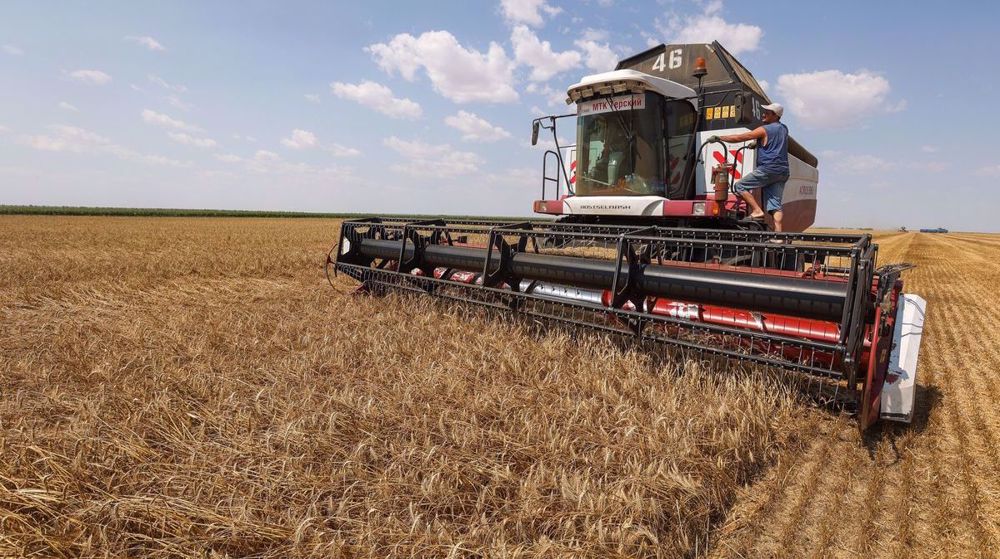
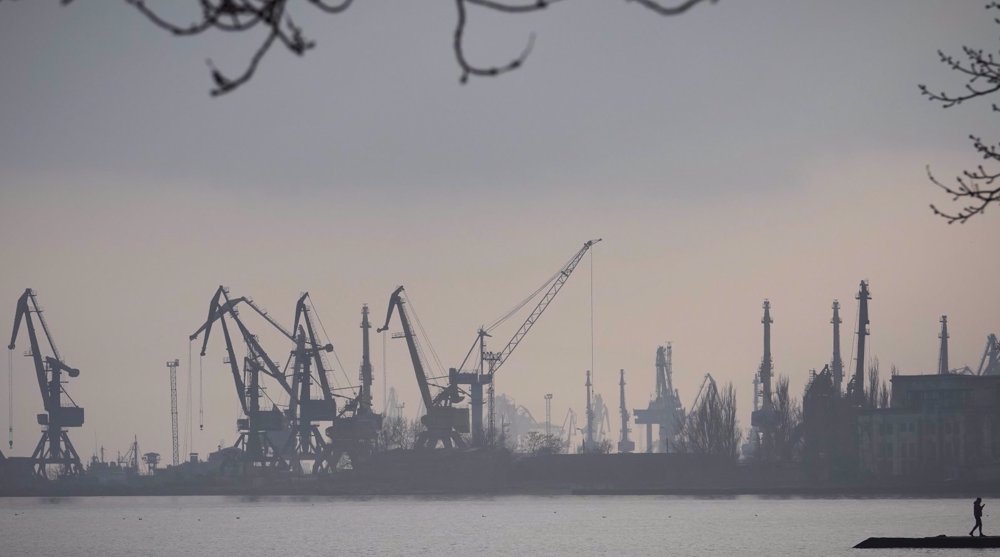
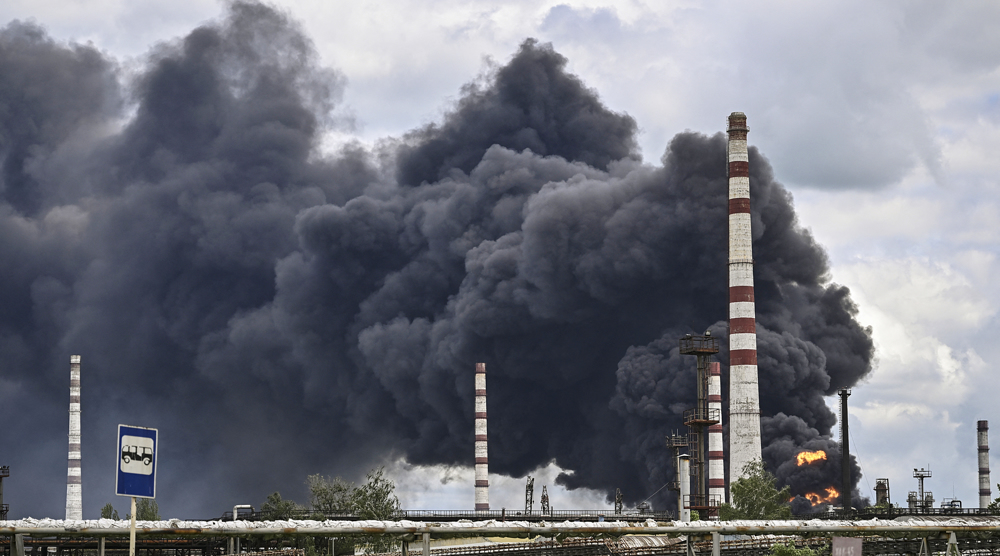
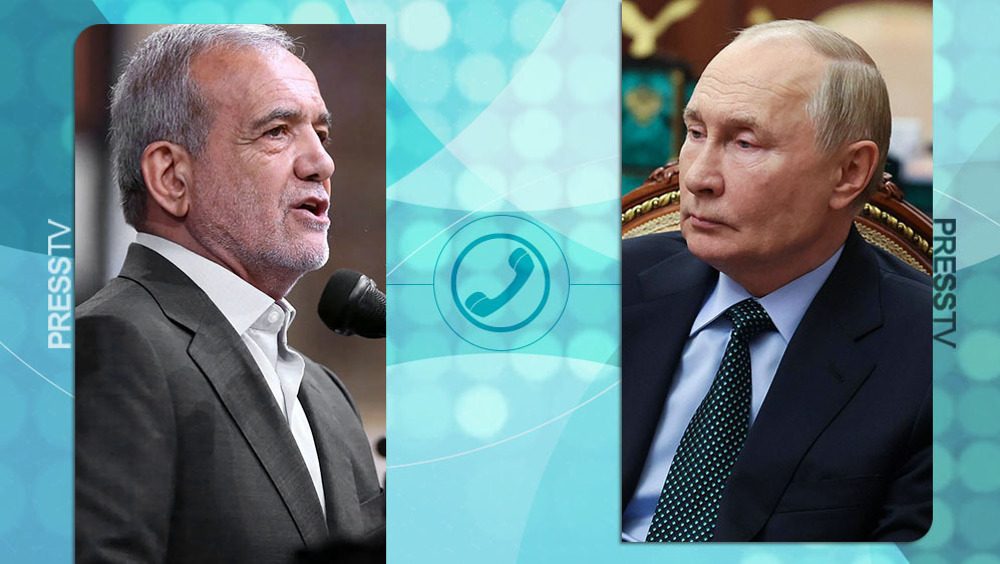
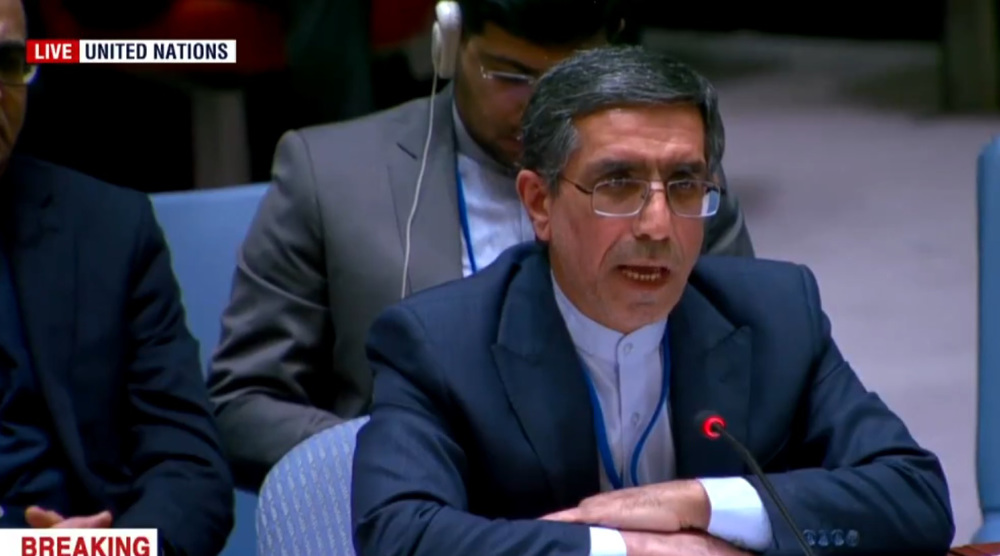
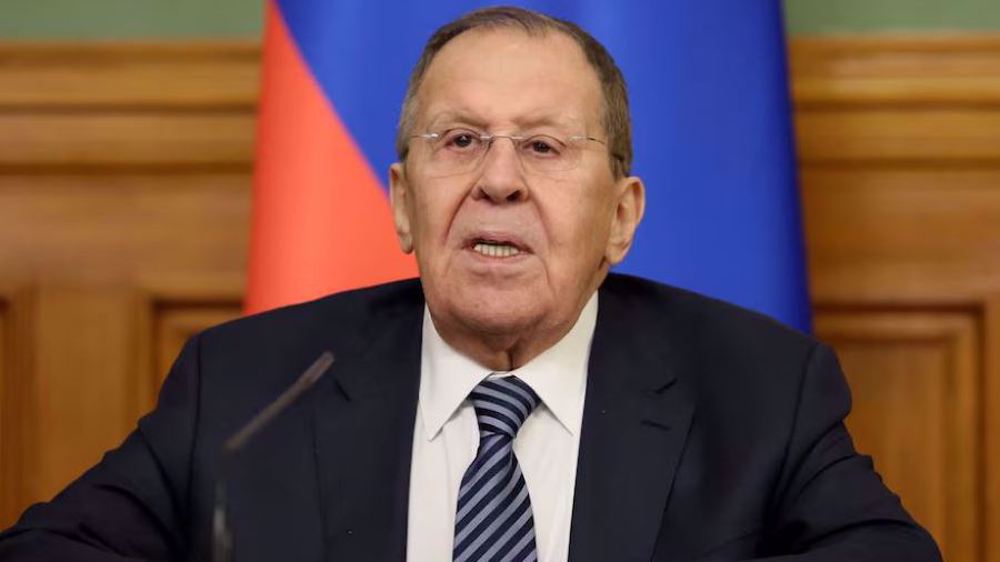




 This makes it easy to access the Press TV website
This makes it easy to access the Press TV website